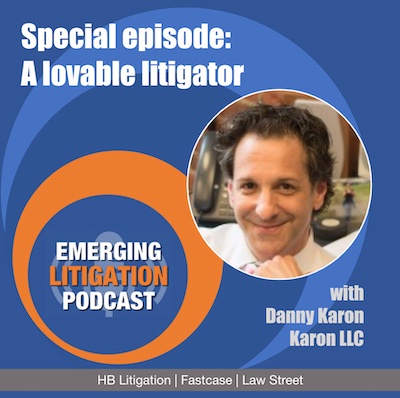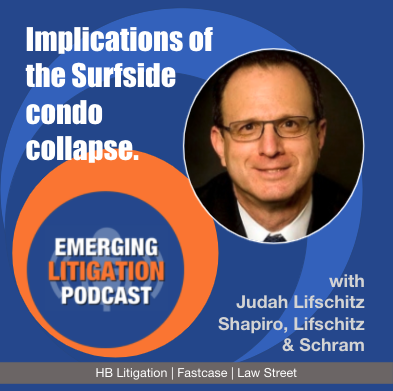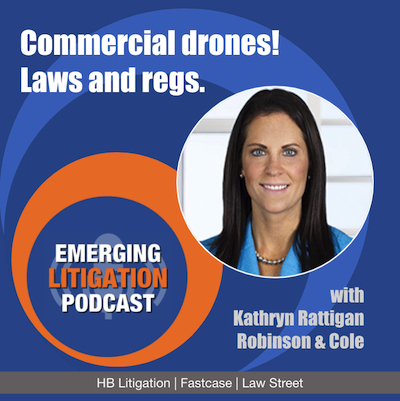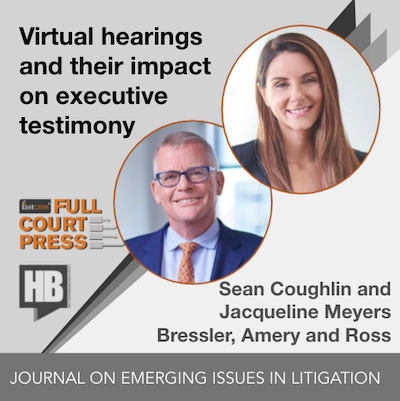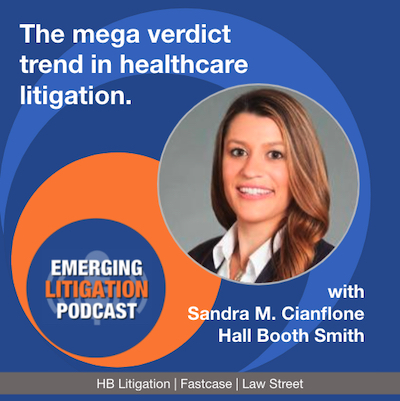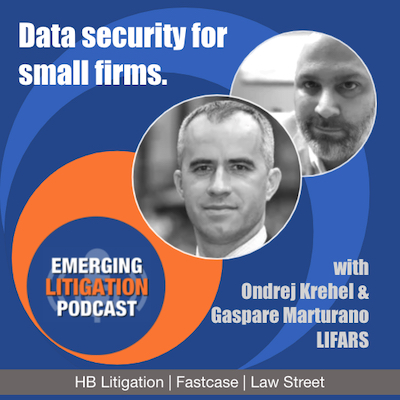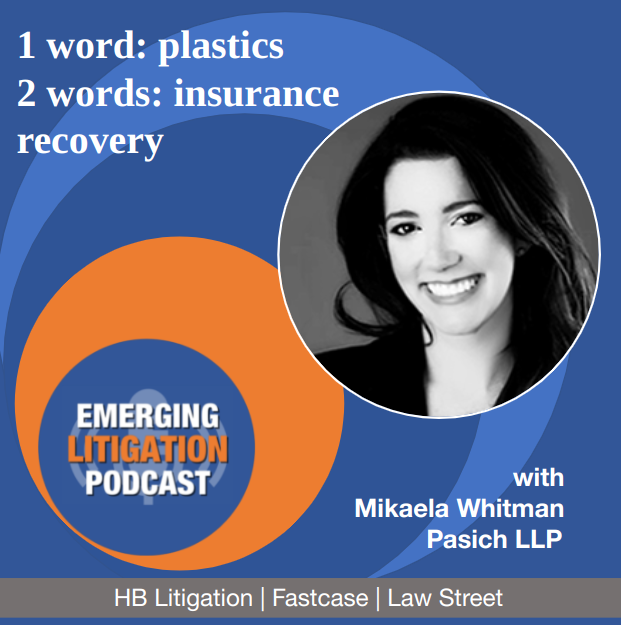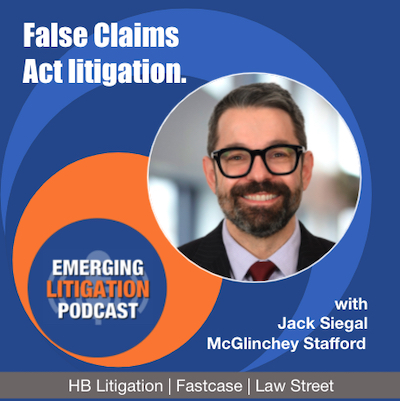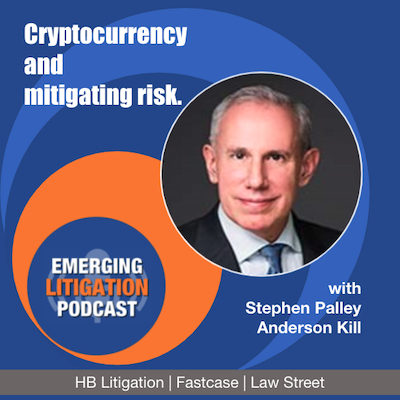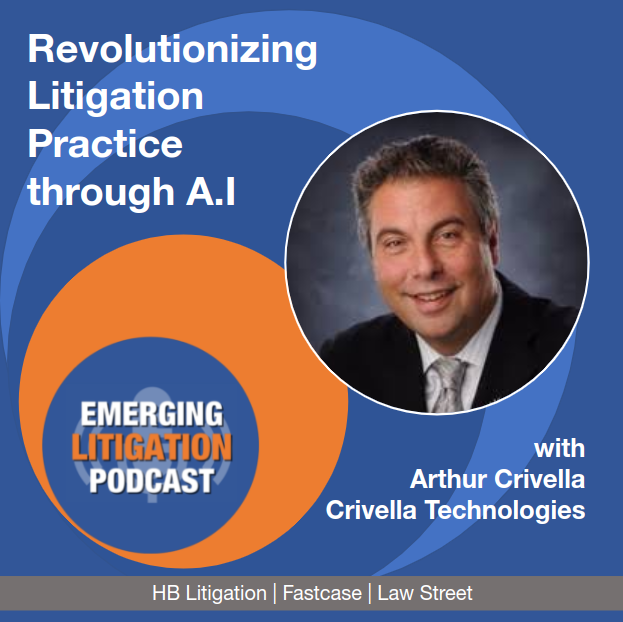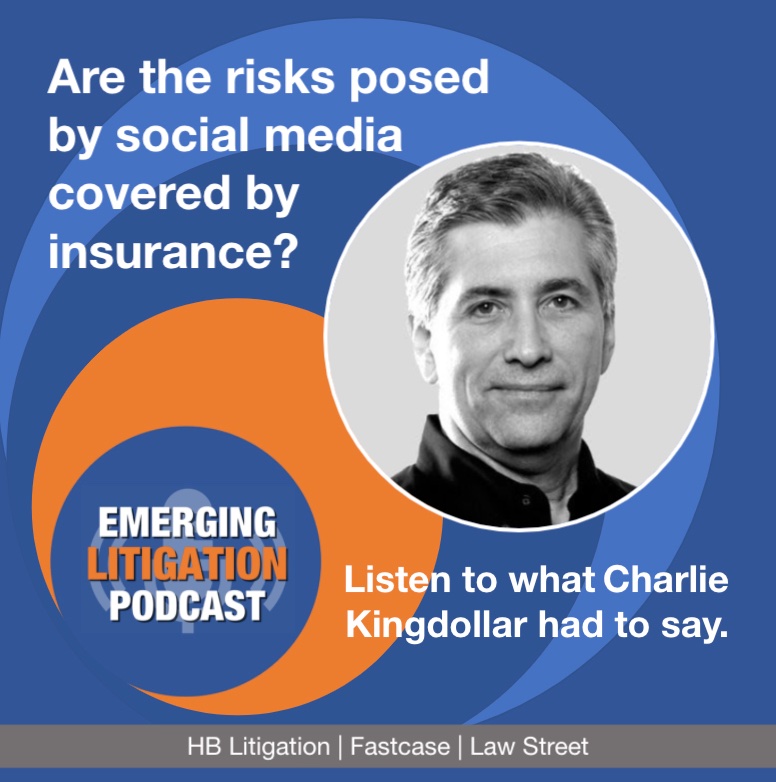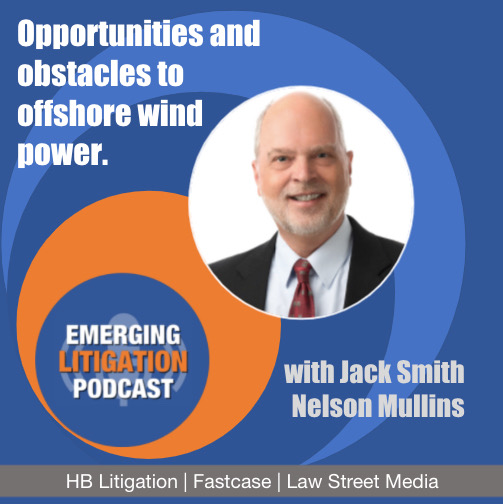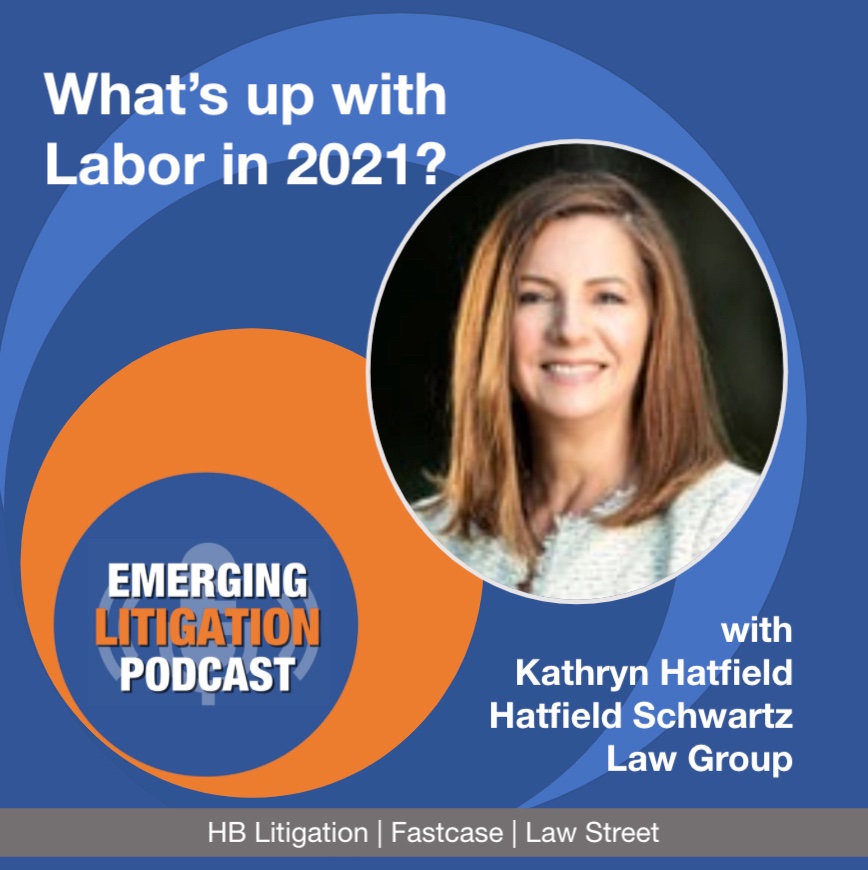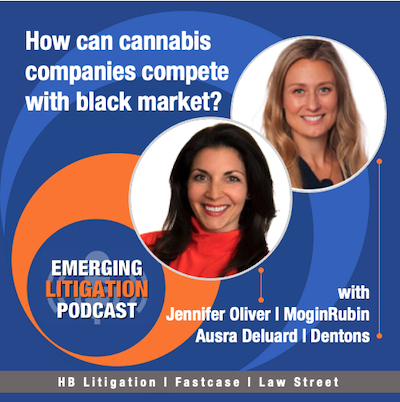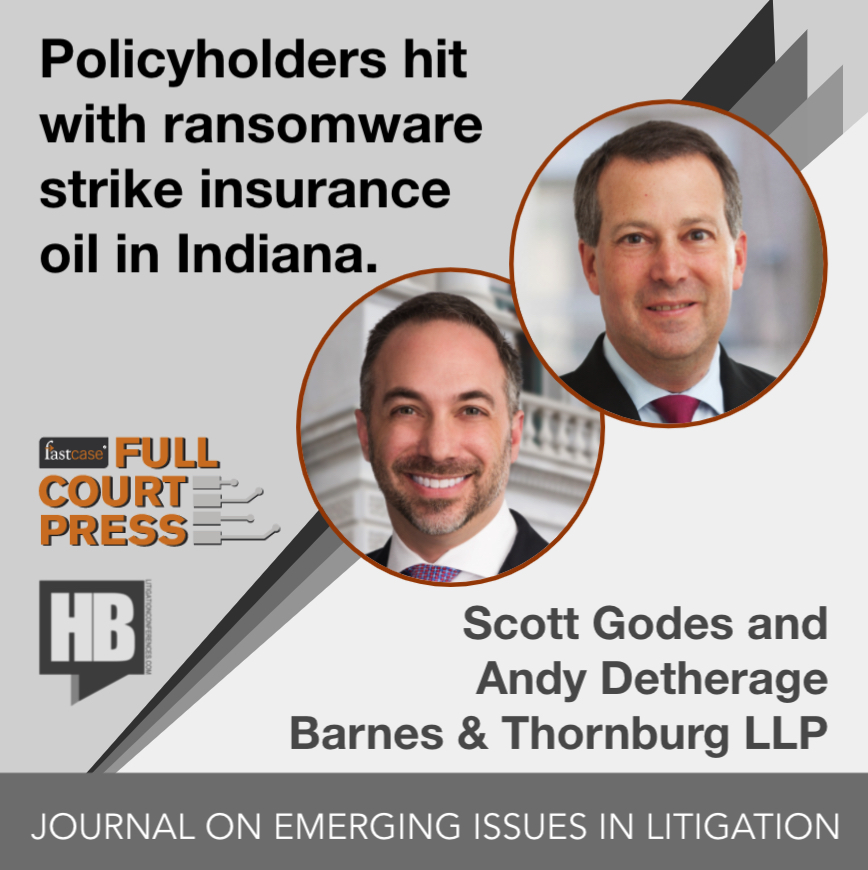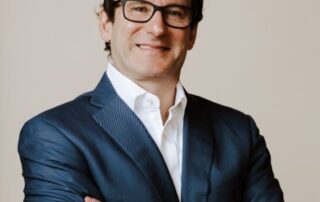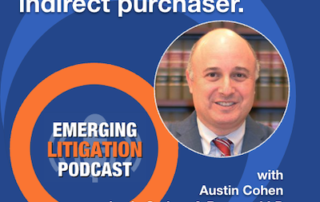Emerging Litigation Podcast
Hair Relaxer Injury Litigation
Last year the Aylstock, Witkin, Kreis & Overholtz law firm filed the first class action against L’Oréal and Softsheen-Carson for injuries, primarily to Black women, allegedly caused by hair relaxers and straighteners. Now, many cases are consolidated in multidistrict litigation. Listen for unique insights from a leading plaintiff attorney.
The Light and Dark Sides of Auto-GPT
Businesses must understand how Auto-GPT technologies use data, the potential for biased results, and how to responsibly leverage these powerful technologies. Listen to my interview with Jason I. Epstein, Partner at Nelson Mullins Riley & Scarborough, as we explore this emerging field.
The Plight of the Indirect Purchaser
Consumers and businesses -- indirect purchasers of products whose prices are fixed by those who supply the maker of your purchase may not collect damages in states that -- surprisingly, do not have antitrust laws that give them standing. But what about federal law? Why do some states provide for damages and others do not? Are there alternatives?
A Shameless Plug for Our Content Services
Your content marketing is everything you’ve ever dreamed of. Right?

Critical Legal Content was founded by Tom Hagy, former Editor & Publisher of Mealey’s Litigation Reports and VP at LexisNexis, founder of HB, current litigation podcaster and editor-in-chief. CLC’s mission is to help smaller firms and service providers not only create content — blogs, articles, papers, webinars, podcasts (like the stuff on this site) — but also to get it out there. How? Via social media, this website, your website, and potential via our podcast and journal which we publish in collaboration with vLex Fastcase and Law Street Media. The goal is to attract readers and dizzy them with your brilliance.
*Inspired by actual events.
Create content like a real legal publisher.
Emerging Litigation Journal
Copyright Issues in Generative AI for Software: Doe v. Github, Inc. et al.
The ongoing case of Doe v. Github Inc. et al. addresses copyright-related issues inherent in the Copilot generative AI that allows users to enter prompts to generate software code. This case addresses many of the issues involved in the training and use of generative AI for generating software code. The author, Jeffrey Gluck examines these issues, which he anticipates will have far-reaching implications for AI-generated works in the future. As Jeffrey notes, "Github is a case that may have far-reaching implications for AI-generated works in the future".
The Promise and Peril of Quantum Computing and Its Implications for Cyber Insurance
Quantum computing, like artificial intelligence, is one of several emerging technologies that could either save the planet or end the world, depending on which expert is holding forth on the issue. This article explores the promise and peril of quantum computing and the potential coverage implications under cyber insurance policies. As Cameron notes, "while cyber insurance may provide some coverage for hazards that result from quantum computing, those policies may not respond to many of the risks".
Video Game or Casino? An International Examination of Loot Boxes and Gambling Regulations
The author, Darius Gambino of Saul Ewing LLP examines the legal and regulatory challenges surrounding loot boxes in video games, highlighting the risks of litigation, government scrutiny, and the need for industry self-regulation.

